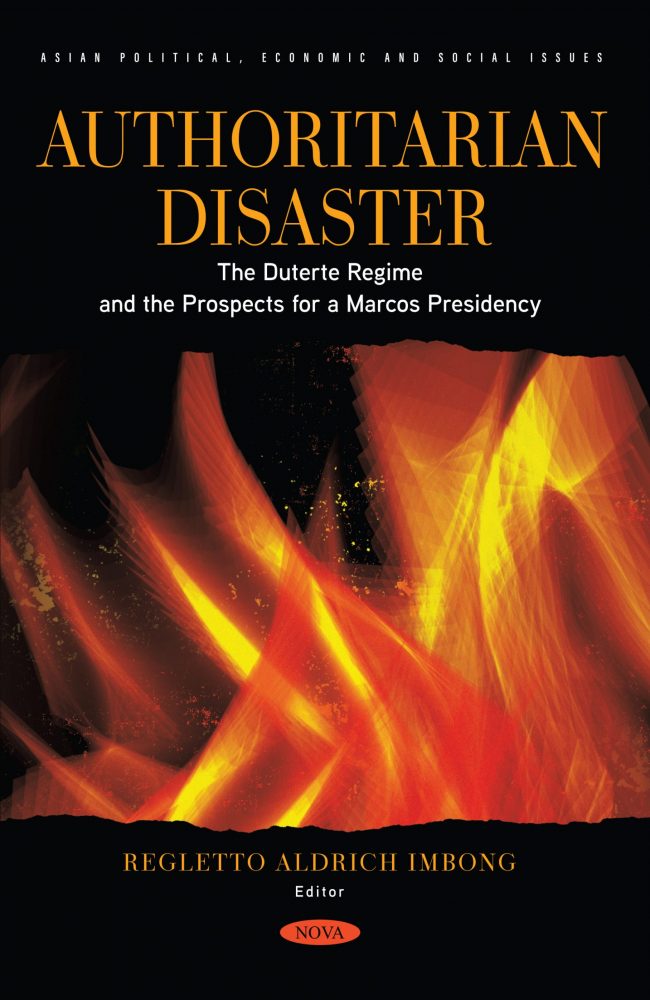Regletto Aldrich Imbong

Introduction
The Philippine government has been relentless in its counterinsurgency
campaigns. From the colonial wars that vilified as insurgents and bandits the
honored heroes of today, up to the anti-communist and anti-secessionist civil
and military efforts of the postcolonial regimes, these campaigns have not only
rolled out large state resources but also cost lives of innocent civilians.
Patterned after the United States (US) of America’s principle of low-intensity
conflict aimed at countering Marxist and anti-imperialist movements (Reed
1986), counterinsurgency campaigns have unleashed a warfare that
indiscriminately target its supposed opponents, including unarmed activists.
In 2007, the United Nations Special Rapporteur Philip Alston examined the
horrible political situation of the Philippines – characterized by political
killings, abductions, and tortures – and identified how state elements, under
the blanket protection of waging a counterinsurgency campaign, were
responsible for the political repressions then (Sales 2009). Today, under the
murderous Duterte regime, the counterinsurgency campaign has reached an
unprecedented level of ferocity as it is waged through a militarist whole-of-
nation approach composed by multi-level government and multi-agency
responses.
Link to the Article